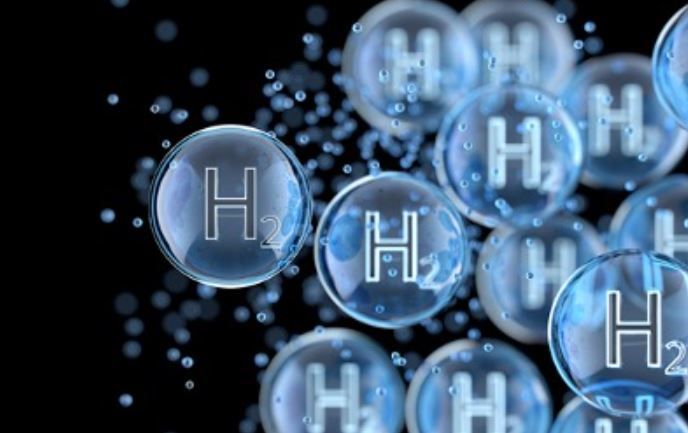Enagás, the leading energy infrastructure company, has reported an overwhelming response, with more than 600 projects expressing interest in utilizing the upcoming hydrogen network in the country. The ‘call for interest’ process, initiated by Enagás, attracted participation from over 200 companies, unveiling a diverse range of projects aiming to supply hydrogen domestically and export to international markets.
The CEO of Enagás, Arturo Gonzalo, described these initial results as exceptional, marking a significant stride toward establishing Spain as a key player in the emerging hydrogen economy.
Arturo Gonzalo, speaking at the European Hydrogen Week in Brussels, emphasized the need for a European framework to identify hydrogen supply and demand, facilitating firm capacity commitments among stakeholders. He underscored the significance of European hydrogen corridors, with specific mention of the H2Med project connecting Portugal and Spain, as well as Barcelona and Marseille via maritime connections. The anticipated investment for H2Med stands at approximately 2.5 billion euros, signaling a substantial commitment to regional hydrogen infrastructure development.
Enagás is driving the Spanish Hydrogen Backbone Network initiative, aiming to establish a comprehensive hydrogen transportation network within Spain. The project enables the transport of hydrogen for both national consumption and international export. The ‘call for interest’ process initiated by Enagás is a strategic step to assess market needs, fostering firm capacity commitments from interested parties and solidifying Spain’s position in the evolving hydrogen landscape.
H2Med, identified as a vital European hydrogen corridor, seeks to link Celorico da Beira in Portugal and Zamora in Spain (CelZa) and establish a maritime connection between Barcelona and Marseille (BarMar). The substantial investment earmarked for H2Med further emphasizes the commitment to expanding hydrogen infrastructure across borders, aligning with broader European plans for hydrogen infrastructure development.
At the core of European plans for hydrogen infrastructure lies the ambition to decarbonize the continent. Hydrogen, recognized as a clean and sustainable energy source, is positioned as a transformative alternative to fossil fuels, particularly in sectors critical for decarbonization, such as transportation and industry. The European Hydrogen Week serves as a crucial platform for discussing and showcasing advancements, ongoing projects, and investment opportunities in the dynamic European hydrogen landscape.





